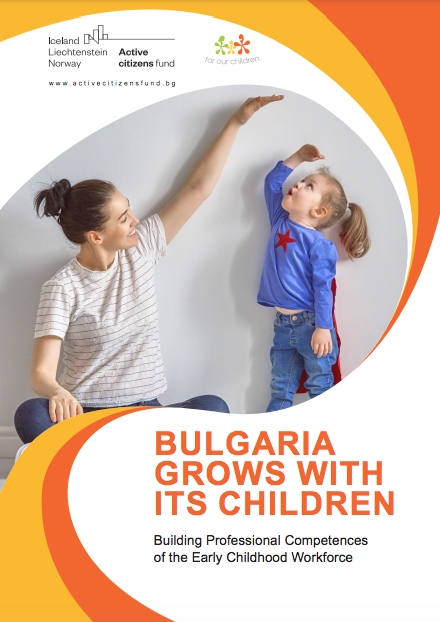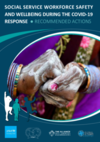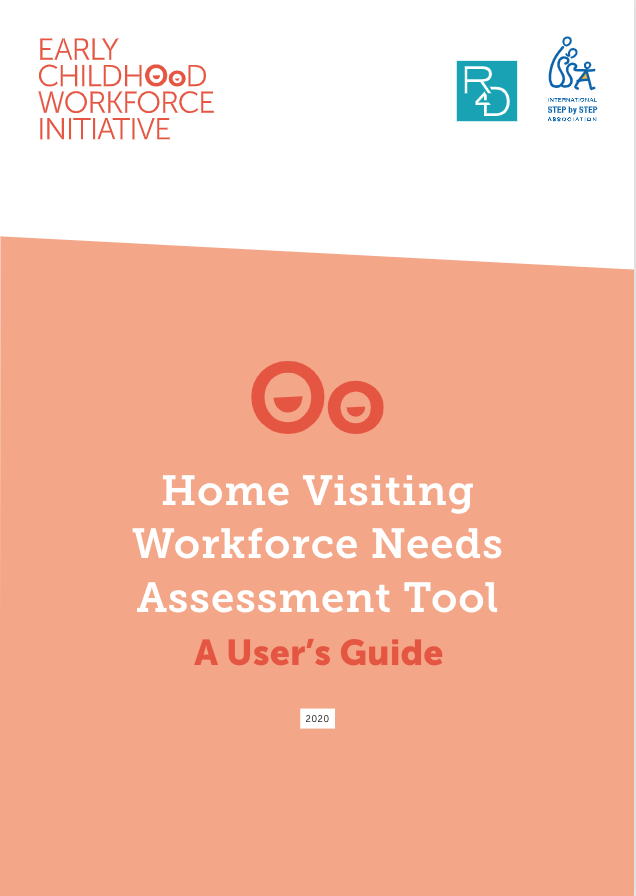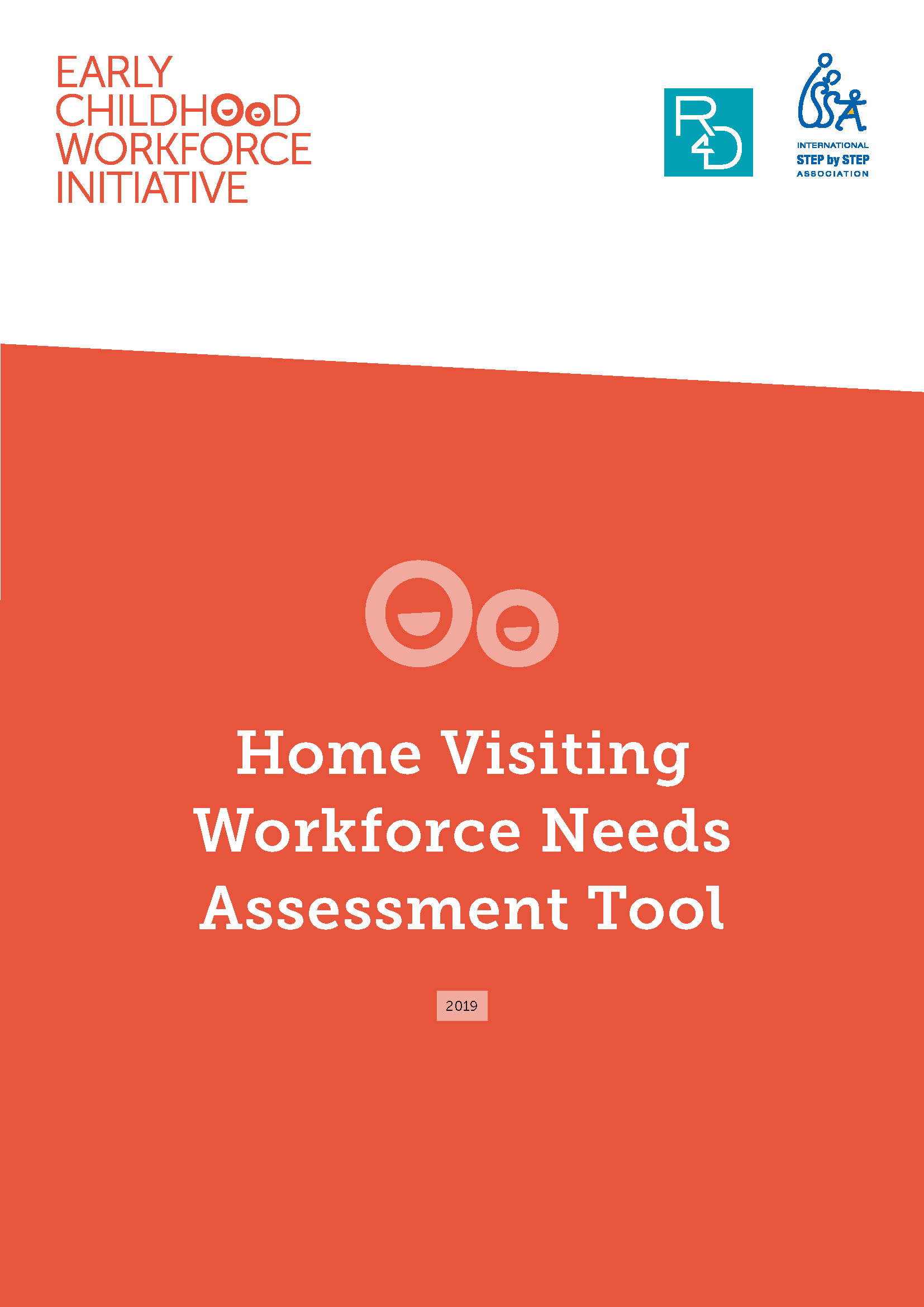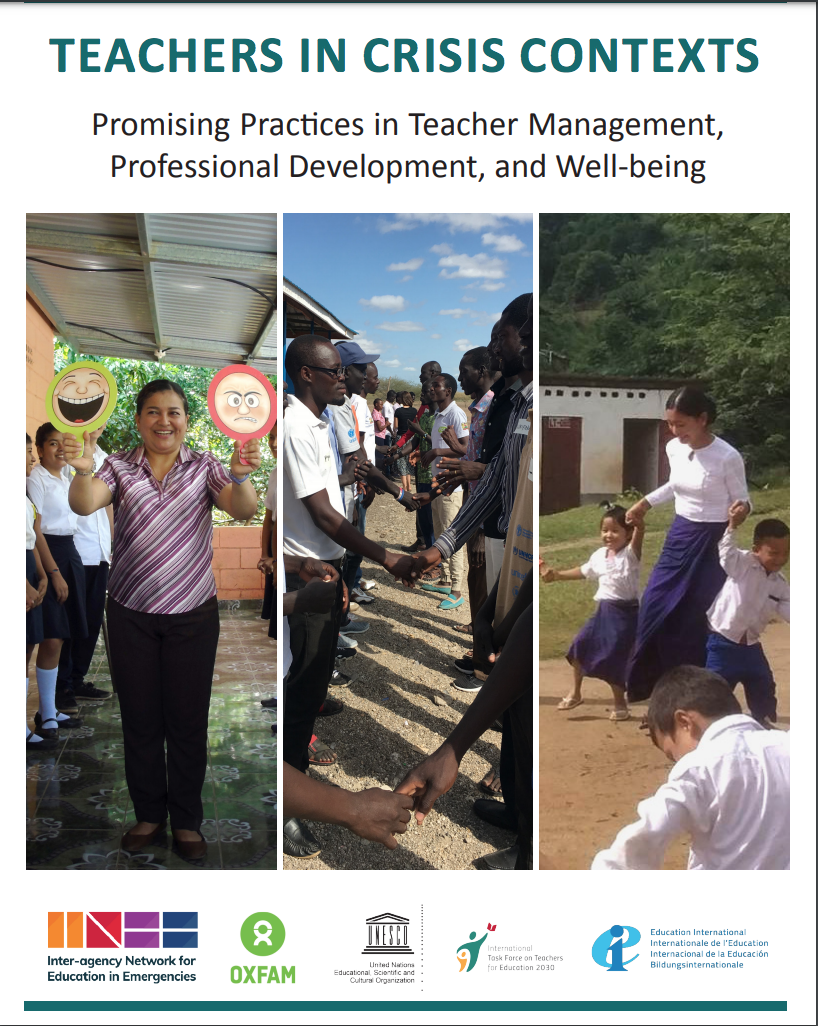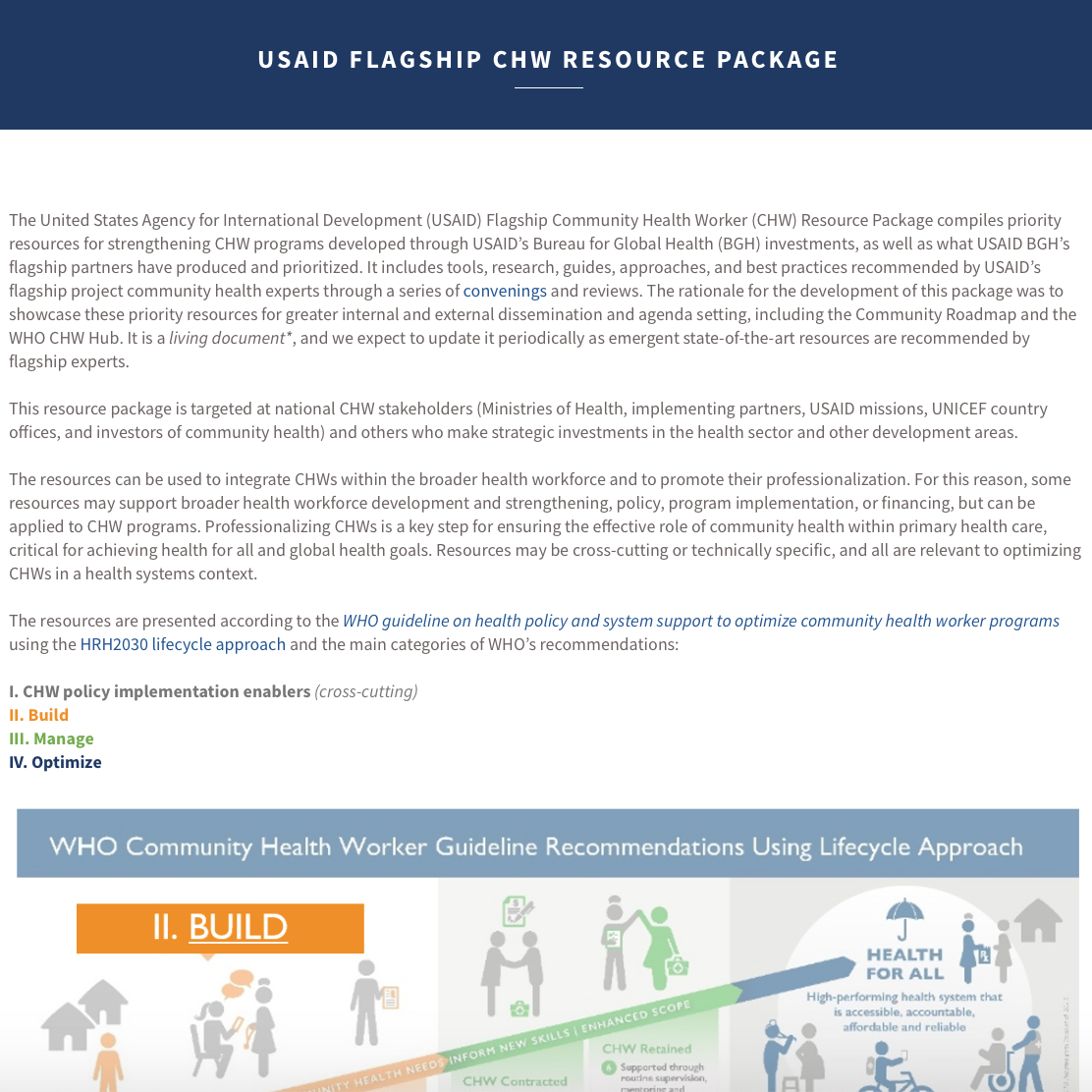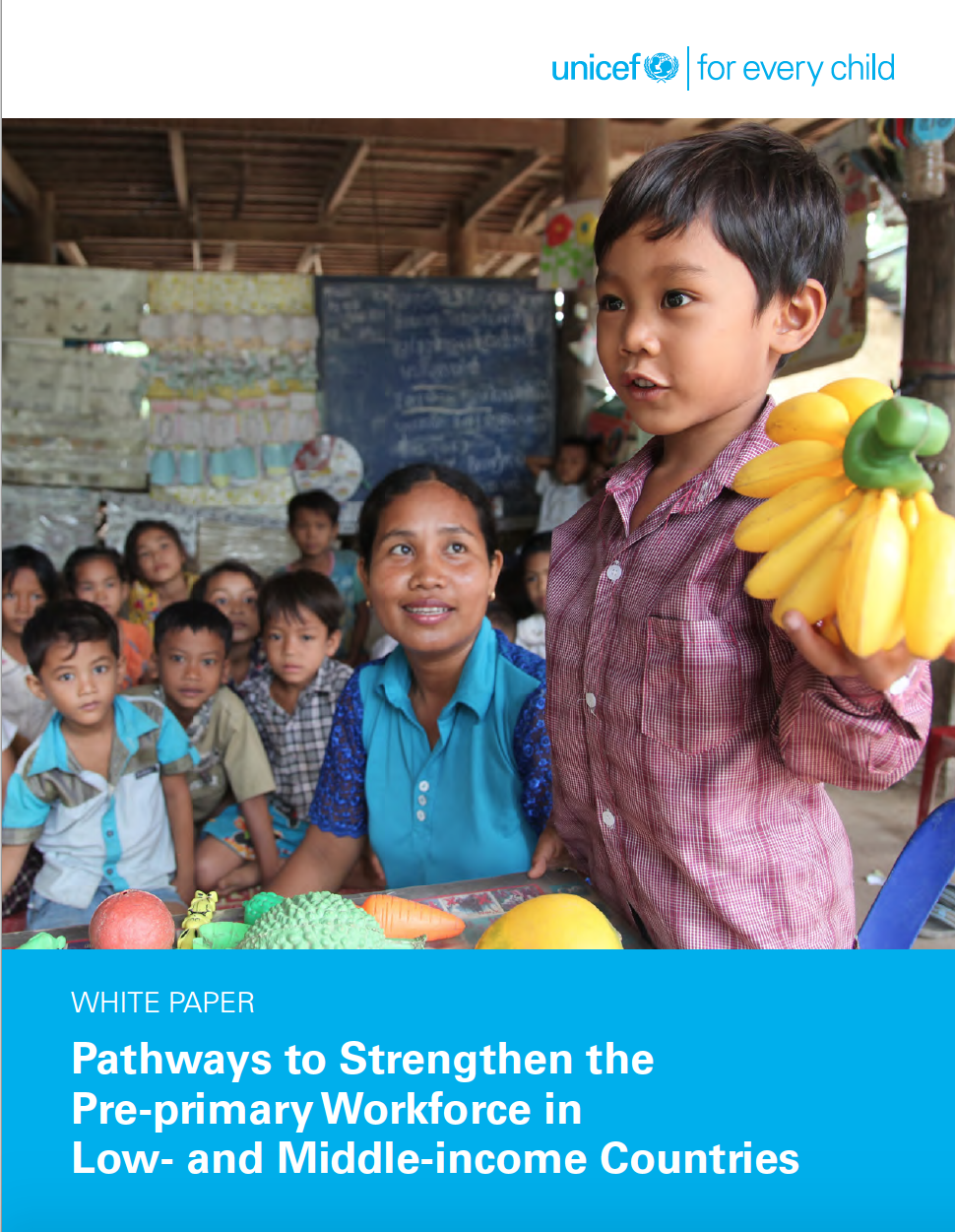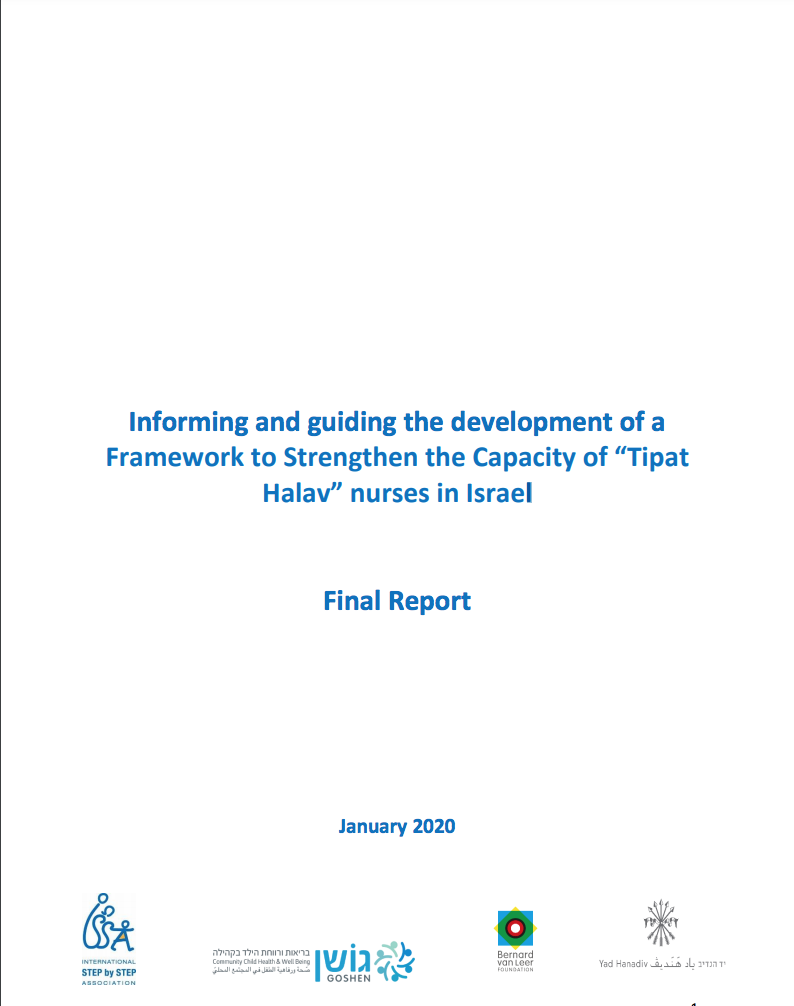Providing Quality Early Childhood Education and Care
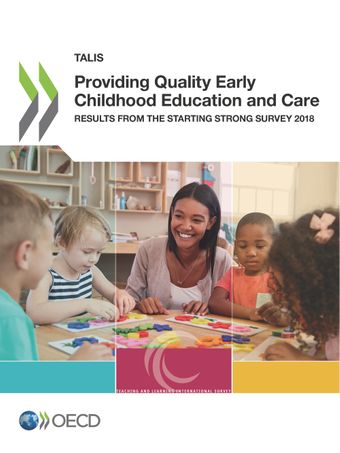
For most children, early childhood education and care (ECEC) provides the first experience of life in a group away from their families. This experience plays a crucial role in children’s learning, development and well-being. The benefits of high-quality ECEC are not restricted to children’s first years of life. However, little is known about this first experience. What do children learn and do in ECEC settings? With which staff do children interact at their centers? Do all children face the same opportunities to enroll in high-quality settings? What are the main spending priorities to raise the quality of ECEC? These are key questions for parents, staff and policy makers. The OECD Starting Strong Teaching and Learning International Survey (TALIS Starting Strong) is the first international survey that focuses on the ECEC workforce. It offers an opportunity to learn about the characteristics of the workforce, the practices they use with children, their beliefs about children’s development and their views on the profession and on the sector.
This first volume of findings, Providing Quality Early Childhood Education and Care, examines multiple factors that can affect the quality of ECEC and thereby can influence children’s learning, development and well-being.
Authors: Year of Publication:2020
www.oecd.org

